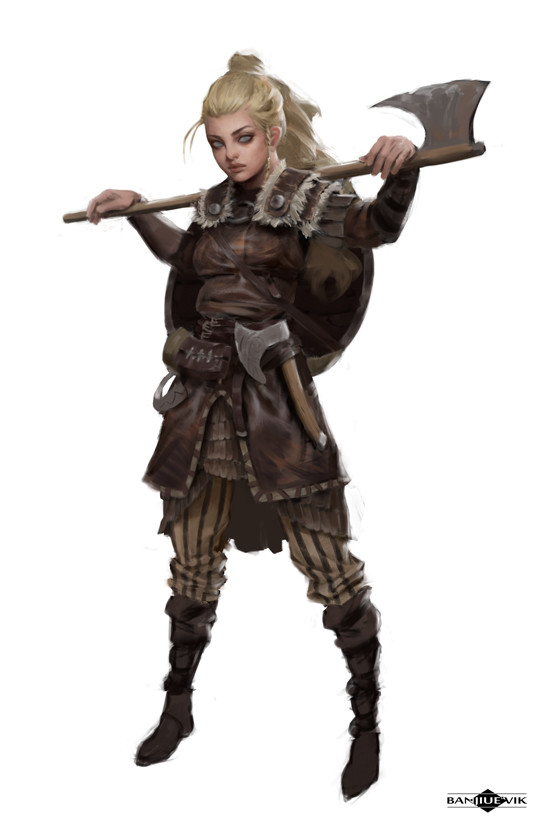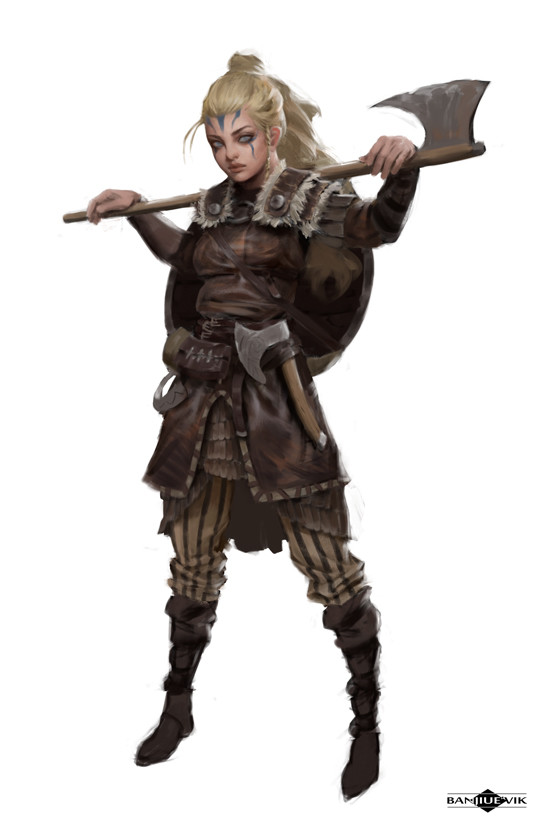1. Hitler didn't arise out of a vacuum. He was influenced by, and took advantage of, already-existing sentiments. Hell, he wasn't even the first member of the Nazi party (even the doctored Nazi records only listed him as the 7th member, and in reality, he was something like number 200). Anti-semitism and other racial prejudices the Nazis were notorious for were also very prevalent. Fascism itself was also seen (and it presented itself as such) as a "best of both worlds" approach to the socialism vs capitalism dispute. So its extremely likely that Nazism would have still taken power even with Hitler out of the picture. Hitler was not some grand architect, he simply took advantage of existing conditions. Which leads me to my second point.
2. Hitler was actually fairly incompetent as a leader. This one is fairly well-known. He wasn't a total buffoon, but again, he wasn't a grand architect. So by eliminating Hitler, you've made it quite possible that whoever arises as fuhrer instead of him is actually competent. This is one of the primary reasons the Allies did not seriously attempt to assassinate Hitler during the war, and is also arguably a reason why the July 20 plot was undertaken. Certain leaders in the German High Command realized that Hitler was leading Germany to ruin, and they (mistakenly) thought they could negotiate peace with the Western Allies in order to have a chance against the Soviets. In short, they sought to replace an incompetent leader (Hitler) with someone they thought was competent.
3. The technological consequences of the war are impossible to overstate. Nuclear power. Spaceflight. Jet engines. Electronic computers. These are but a select few technologies on which the world currently depends, that in all likelihood, would not have been pursued (and definitely not as aggressively) without the war and its consequences. Frank Whittle patented the jet engine in 1930, but the RAF thought so little of it that the patent wasn't classified, and so the Germans began pursuing it as well. Whittle's efforts were not seriously backed by the RAF, but the Germans were a bit more supportive of their jet project, and so the first actual jet-powered aircraft was designed, built, and flown by Nazi Germany. It was only with the arrival of the war that Britain decided to back Whittle's efforts. The Manhattan Project, likewise, was only funded because of the urgency of the war effort, and the belief that the Nazis were developing it. It is highly unlikely that any significant government funding would have been directed towards it otherwise, and private sector funding would be non-existent (especially for a bomb, but even a nuclear reactor would be a hard sell to any private investors, and with plentiful oil, gas, and coal supplies in the US, and no need to conserve their use for a war effort, any alternative energy source would be a hard sell). Electronic computers were similarly only funded due to wartime pressures, particularly the need to rapidly crack the German Enigma code. It is highly unlikely those pressures would exist in peacetime, especially if the code itself doesn't exist because there's no need for it. And while there were rocket experiments before WW2, and the Space Race didn't really kick off until over 10 years after it ended, the V2 was undeniably the rocket upon which both the US and USSR based their own initial designs (both for civilian rocketry, and ballistic missiles). And the V2 was the brainchild of Werner Von Braun, who was only able to secure the appropriate funding for it by joining the Nazi party, and agreeing to develop it as a weapon. Like every other item I've mentioned so far, it would not have existed without state (particularly military) funding, and would not have had any appreciable private funding due to lack of a profit motive for their use. Indeed, the current profit motives for rockets are only the result of developments made during the Space Race, developments which would not have been explored without the wider consequences of the Cold War. Which brings me to my next point.
4. The geopolitical consequences are equally impossible to overstate. While WW1 was, with the exception of a few islands opportunistically gobbled up by Japan, and an induced rebellion against the Ottoman Empire in the Middle East, almost entirely fought in Europe and the Atlantic, WW2 was a truly global war. Even nominally neutral nations often either secretly supported one side or another, or were affected by the course of the war itself. Colonies contributed to the efforts of their parent states, and when the war was over, decolonization began in earnest. India, Indochina, most of Africa, etc. were all colonies, and even in the unoccupied regions of those colonies, the investments made to local infrastructure so they could more effectively contribute to the war effort generally outpaced any previous investments. The local populations of these colonies often fought in every major theater as well, and this only helped strengthen their resolve for independence. The United Nations, originally the name of the alliance that opposed the Axis, became a new international body, with more teeth than the previous international body, the impotent League of Nations. And, as the nations of the world sought to rebuild and recover from the most devastating war in history, two superpowers emerged from it that would compete against each other for influence over the other nations of the world. Most of these developments could not have happened without the war (really, everything except the independence movements depends on the war happening, and even the independence movements would have taken a lot longer to see fruit had the war not happened).
5. The likewise non-overstateability of the social consequences of the war. When a nation fought in WW2, it waged total war. Every possible resource was leveraged for the war effort, including the human resource, and indeed, those humans who were nominally marginalized. In the US, for instance, while the military was still segregated, black units still served notably and honorably in combat. Upon their return, the irony of fighting and dying in a war caused (in part) by racial bigotry, for a nation which itself continued a policy of racial bigotry against them was not lost on these veterans, who upon their return, caused renewed vigor in the struggle for civil rights. Likewise, the horrors of the Holocaust motivated many people to reject the bigoted racial attitudes that caused it. After all, once you hear and see someone who is literally little more than skin and bones talk about the horrors of the death camps, it is incredibly hard to justify to yourself the bigotry that is prerequisite for establishing a system of death camps.
6. The obviously earth-shattering consequences of the war on economics. As stated multiple times by now, the war spurred governments to spend money on things they previously had spent little or nothing on. On the capitalist side of things, the war was the largest proving ground for Keynesian economics, which was massively influential in governmental economic policy across the world for nearly 40 years, and is still the predominant economic model most governments today use. While Keynesianism did see adoption in several countries during the latter half of the Great Depression, and this did influence its adoption during the war, the pressure to adopt a new economic model to prevent the economic consequences of the previous war was significant.


